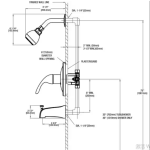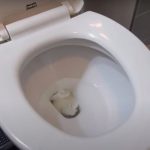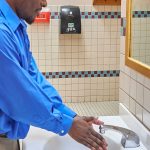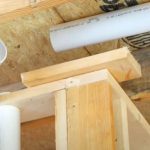Have you ever noticed an unpleasant smell coming from your water heater’s gas control valve? It’s a smell that is all too familiar, and it can be quite worrying. You may be asking yourself questions like: Is this normal? Is the gas leaking? What do I do now?
Rest assured, having a gas control valve that smells like gas is not necessarily cause for alarm, but it should still be addressed in order to make sure your home is safe. In this article, we’ll discuss why water heaters can smell like gas and what you can do if it happens to yours.
What Causes A Water Heater Gas Control Valve To Smell Like Gas?
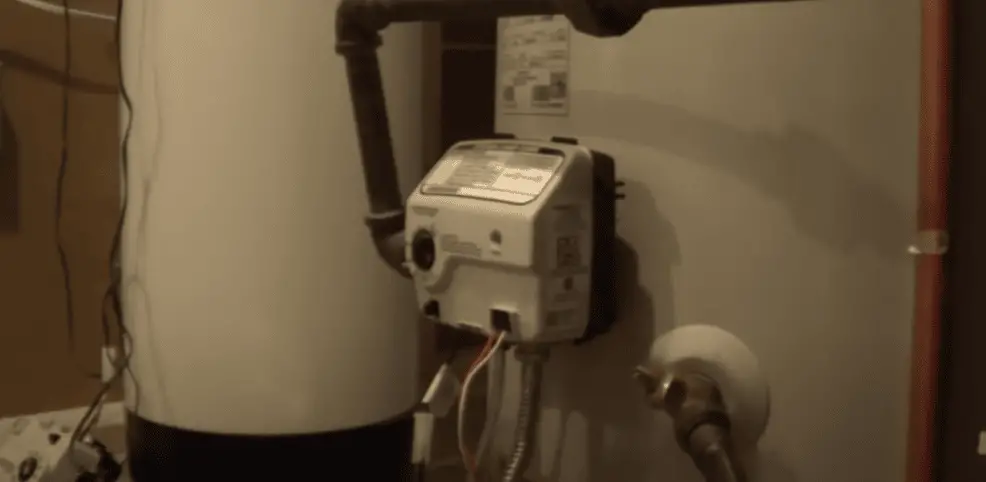
Gas control valves are a vital component of water heater systems, as they regulate and control the flow of gas to the unit. Unfortunately, just like any other appliance, things can go wrong with your gas control valve, resulting in unpleasant odors within your home.
One of the most common issues is when a water heater gas control valve smells like gas. This indicates that there is a problem with the valve or its components, and should be addressed as soon as possible.
The first step in troubleshooting this issue is to determine what’s causing it. There are several potential causes for a water heater gas control valve to smell like gas including: leaking gaskets or joints, improperly installed burner parts, or incorrect regulator settings.
Leaking gaskets or joints are often caused by an incorrect installation, which allows gases to escape from the connection points and into your home.
Improperly installed burner parts can also cause a leaky seal around the gas control valve, allowing natural gas to enter your home without being properly regulated.
And lastly, incorrect regulator settings will cause too much pressure on the valve which can lead to leaks and odors.
Check the gas valve
First of all you will need to check your water heater gas valve for is smells coming from there. To check it you can use a soap bubble solution or an electronic sniffer to detect a gas leak. If the valve is seeping, then it will need to be replaced. If the gas supply line to the valve is seeping, it may be tightened or sealed up.
How To Resolve A Smelling Water Heater Gas Control Valve
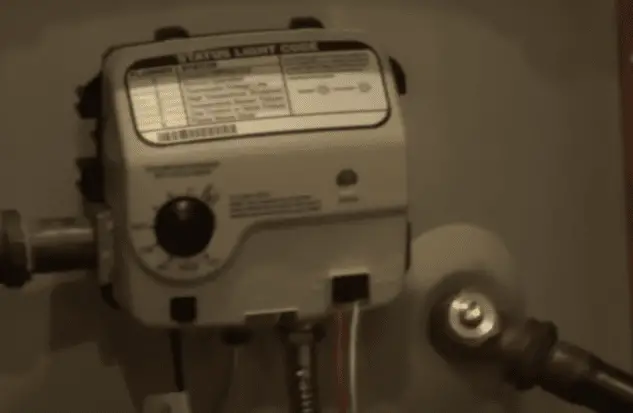
Once you have identified what could be causing the odor coming from your water heater gas control valve, then you’ll need to take steps towards resolving it. If you suspect that an improperly installed part or gasket is causing the issue then you should contact an experienced technician who has experience working with natural gas appliances such as water heaters. They will be able to inspect and replace any faulty parts in order to ensure that everything is properly sealed and secure before turning on your water heater again.
3 inch or 4 inch flue for water heater
Additionally, if you believe that incorrect regulator settings are causing too much pressure on the valve then you’ll need to adjust them according to manufacturer guidelines in order to prevent future problems from occurring.
If gas valve damage or break then buy a new one to replace the old one.
FAQ
Is It Normal To Smell Gas From Gas Valve?
No, it is not normal to smell gas from a gas valve. If you smell gas, you should immediately shut off the gas valve, leave the area, and contact your local gas company. This could be a sign of a gas leak, which can be a serious safety hazard.
Is The Smell Of Gas Harmful?
Yes, the smell of gas can be harmful. Natural gas and other fuel gases that are used for heating and cooking contain many volatile organic compounds (VOCs) with potential health risks if breathed in for prolonged periods of time. Inhaling high concentrations of these gases can cause dizziness, headaches, nausea, and respiratory problems. It is important to have any gas leaks fixed immediately to avoid potential health Risks.
How to Replace a Gas Control Valve on a Gas Water Heater
Conclusion
In conclusion, if you find that your water heater gas control valve smells like gas then it’s important that you address this problem immediately in order to prevent further damage and expense down the line. Make sure that all connections are correctly sealed and tighten any loose parts before turning on your water heater again.
Also check your regulator settings against manufacturer guidelines in order to ensure proper pressure levels on the valve itself. Remember – never attempt any repairs yourself unless you know exactly what you’re doing!
- 1St And 2Nd Fix Plumbing Jobs: Essential Guide for Homeowners

- Kitchen Sink Suddenly Stopped Working: Quick Fixes and Tips

- How to Clear a Clogged Plumbing Vent: Expert Tips & Tricks

- Hub Drain vs Floor Drain: What You Need to Know

- How to Layout Plumbing for Bathroom: Expert Tips & Tricks

- Wall Shower Plumbing Diagram: Complete Guide

- How to Fix a Crack in a Plastic Bathtub: Step-by-Step Guide

- How To Remove PEX Pipe From Sharkbite Fitting: Step-by-Step Guide

- Shower Drain Slow But Not Clogged: Easy Fixes for Speed Up Flow

- Pop Up Drain Vs Push Down Drain: Which One Suits Your Sink Best?

- Fix It 24 7 Plumbing Heating Air & Electric Reviews: Unbiased Insights

- How to Unclog a Toilet Without a Plunger: Quick & Easy Tips

- Fix PVC Plumbing Fast: Expert Tips and Solutions

- How Reliable are Sharkbite Fittings: Trustworthy Tech?

- What to Do If Sink Drain Plug is Stuck: Quick Fixes

- American Plumber 600R: Optimize Your Water Purity!

- How to Install a Plumbing Vent Pipe: Step-by-Step Guide

- Plumbing Issues Toilet Backing Up into Shower: Solutions & Tips

- 1 1/2 PVC Plumbing Fittings: Essential Guide 2025

- Toilet Tank Losing Water But No Leak: 9 Reasons And Fix!







